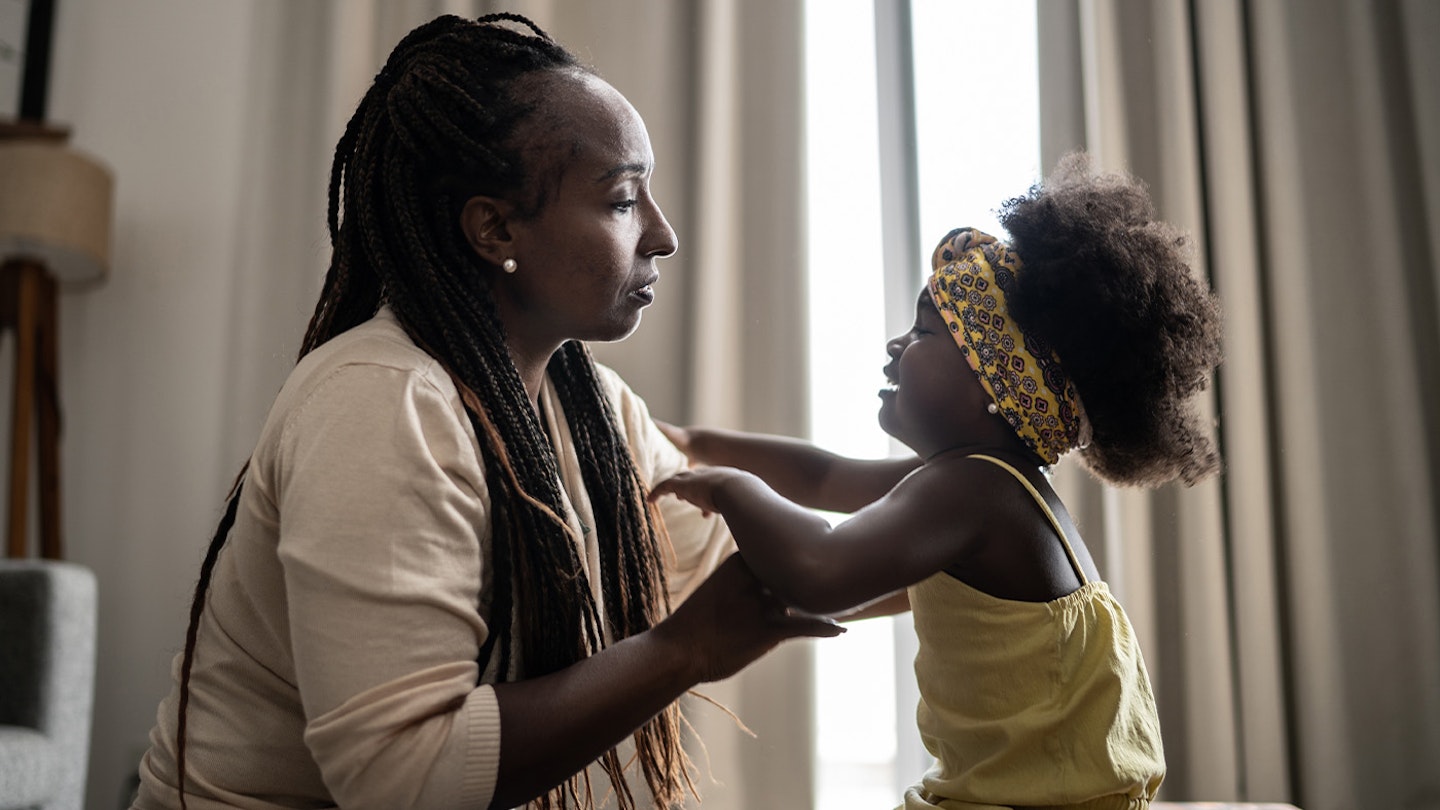There are a few ages that all parents will agree are tricky. The earliest of these are the toddler years. Evidently, I am currently in a tricky little stage with my youngest who is two and a half. She seems to enjoy pushing the boundaries, has a permanent smirk on her face and is just so darn cute while doing all the ‘naughty,’ explorative things. It can feel hard to know if I’m getting the right balance with discipline.
One of the most important things to remember, is that discipline is not the same as dominance. It is not a parent’s job to attempt to dominate and control a child.
The best form of discipline comes from trying to best understand your child, so together you can reach a mutual agreement on how to move forward in certain situations. This is similar to how you would respond in any relationship with another person, and it is no different with your child. Toddlers are people - little audacious people.
Being conscious that each child is unique and just as valuable as any adult will help us treat them differently (better) in times of heightened emotion.

When my child recently repeatedly dropped popcorn on the floor, I explained to her how it made me feel, and why we all must try and keep our home tidy. She eventually stopped and wandered off into her room to play (where she made even more mess).
While it may seem pointless to spend time explaining these things to a child when they ‘clearly don’t get it,’ it’s not pointless because they do get it. They may not be able to communicate back to us the ways in which they’ve understood (or not) what we’ve explained. It’s our job to keep this up until you can see the results of your positive discipline.
Discipline is not only something you do when your child is being naughty- it is a way of life in early parenthood. Everything you do serves as an example, or a lesson, and the best discipline comes from what they see you do and how you react.
For example, the other day I was in the kitchen making milk, juice and tea. It was a bit of a mess because the sink and the counter were full of dishes. Somehow, I managed to swipe one of my glasses off the side and it smashed right in front of my eldest daughter.
“Oh shoot,” I gasped. I was worried that she might be hurt.
“It’s okay mum, I know you didn’t mean it. We can just clean it up and be careful next time.”
“Okay, I’ll clean it up, you go and sit up over there, and I’ll bring you your drink when I’m done.”
It’s during times like this, when I hear my own kind voice spoken back to me from my children, that I get a glimpse into what internal thoughts and understanding of the world look and sound like.
How we speak to ourselves, our children, and other people around them, shape how they will think, feel and behave. So, if we want our children to behave in the most kind and loving ways, we need to give them that from as early as possible.
Amy Morin, the Editor-in-Chief of Verywell Mind, psychotherapist and international bestselling author writes, ‘Kids use their behaviour to show how they’re feeling and what they’re thinking. Often, they’re communicating something through their behaviour that they aren’t necessarily able to verbalise. When determining what discipline strategy to use, consider the possible underlying cause for the behaviour problem.
- They want attention
- They’re imitating others
- To test limits
- They lack skills
- To show their independence
- They have big emotions
- They have unmet needs
- To exert power and control
- They’ve learned misbehaviour
- They have underlying mental health issues
Here are some of the ways Morin suggests to help manage your child’s challenging behaviour:
- Ignoring negative behaviour and praising positive behaviour is one of the best ways to deal with attention-seeking behaviors.
- Limit your child's exposure to aggressive behaviour on TV, in video games, and in real life. Role-model healthy behaviour to teach your child the appropriate way to behave in various situations.
- Set clear limits and offer consequences consistently. If kids think there’s a small chance, they may be able to get away with something, they’re often tempted to try it. If you show them that they'll receive a negative consequence each time they break a rule, they’ll become more compliant.
- When your child misbehaves, instead of just giving a consequence, teach them what to do instead. Show them alternatives to misbehaviour so they can learn from their mistakes.
- Give your child age-appropriate choices. Ask your pre-schooler, "Do you want water or milk to drink?"
- Teach kids from early on that all emotions are valid and suggest ways they may overcome some of the more difficult ones.
Each of these are practical and helpful ways to help manage your child’s behaviour. You can begin to implement these from as early as birth.
I am intentional about managing my children’s behaviour, even before a meltdown, outburst or defiance by expressing my own big emotions, ‘I just need a little bit of space.’ Sometimes I will articulate my thought process. I really don’t want to share my food. I can either say ‘no’ and snatch it back or explain how sharing right now makes me feel.
I am still working on ignoring negative behaviours, but I will always praise good behaviour.
Each of us are different just like our children will be. It’s also good to seek support in discipline if you know you aren’t yet ready to, ‘ignore negative behaviour’ for example.
The most important tip of all is to show yourself some grace. If you behave in a way, you’re not proud of (such as shouting at your child). You can also use this as a learning opportunity and model how to apologise.
Popular articles to read next
What I’ve learned from my experience of Maternal Mental Health
Chaneen Saliee: “I’m proud to say I’m regaining my confidence in my identity as a black mother”
Black maternal health disparities: Does childbirth have a race problem?
